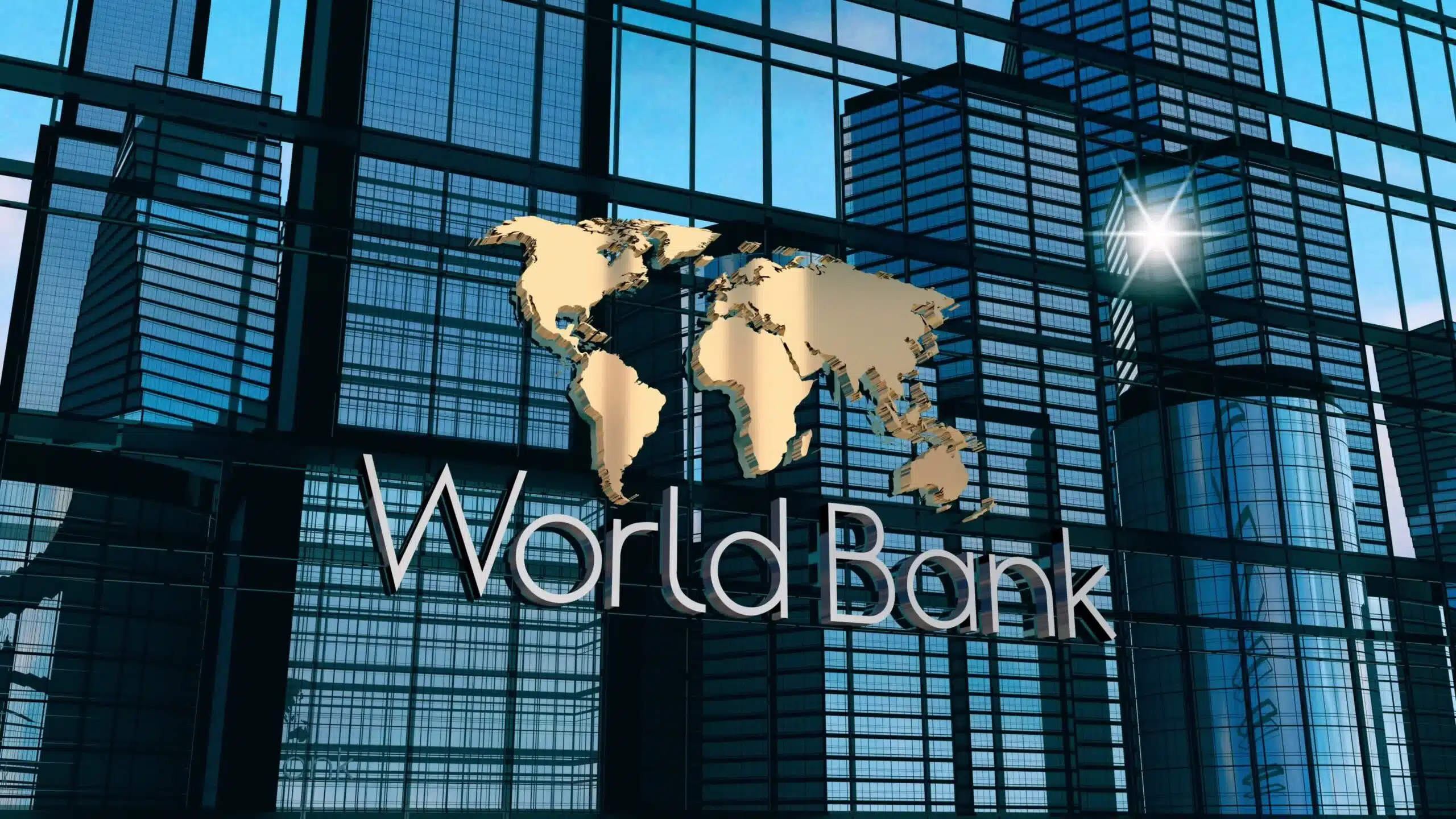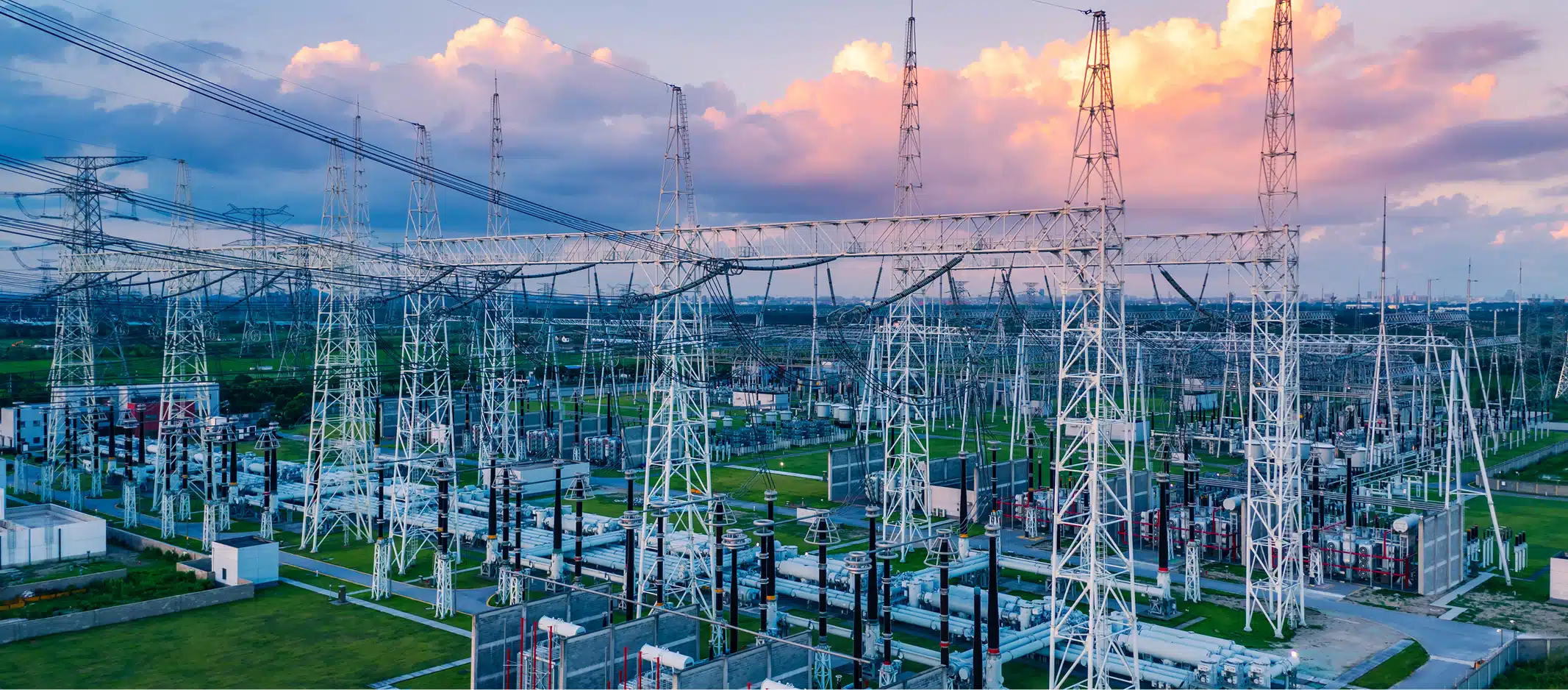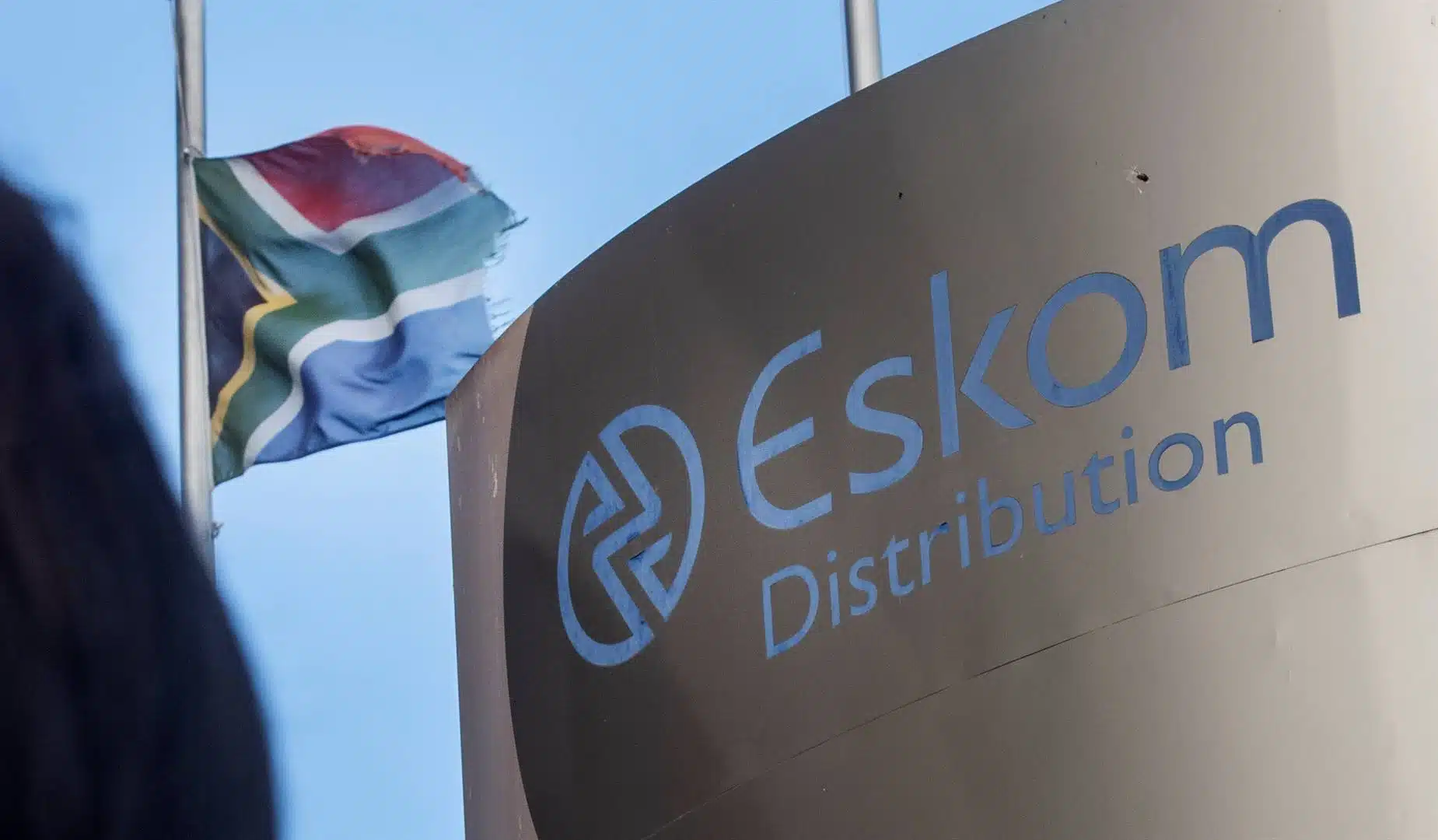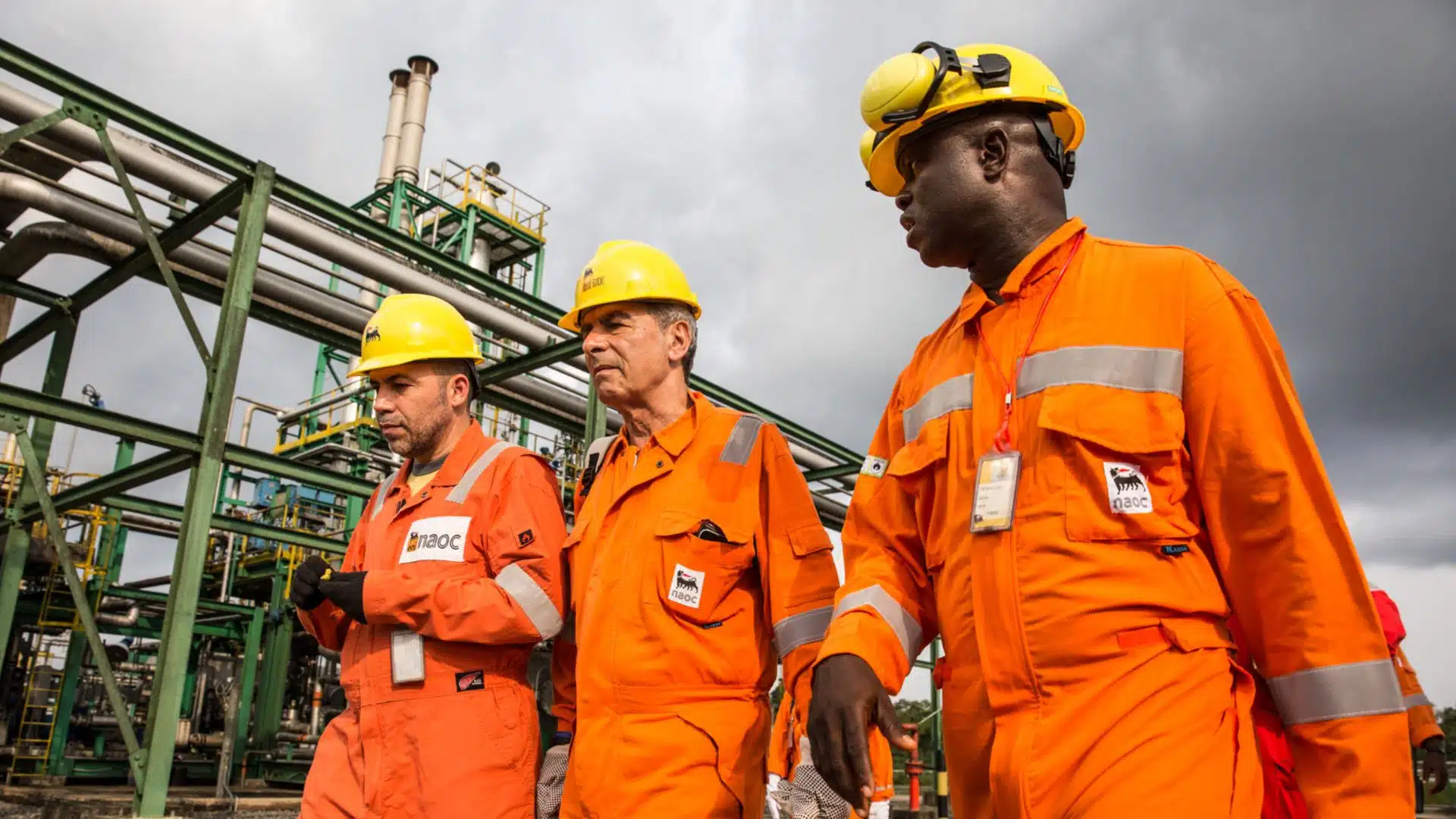Power
Top stories
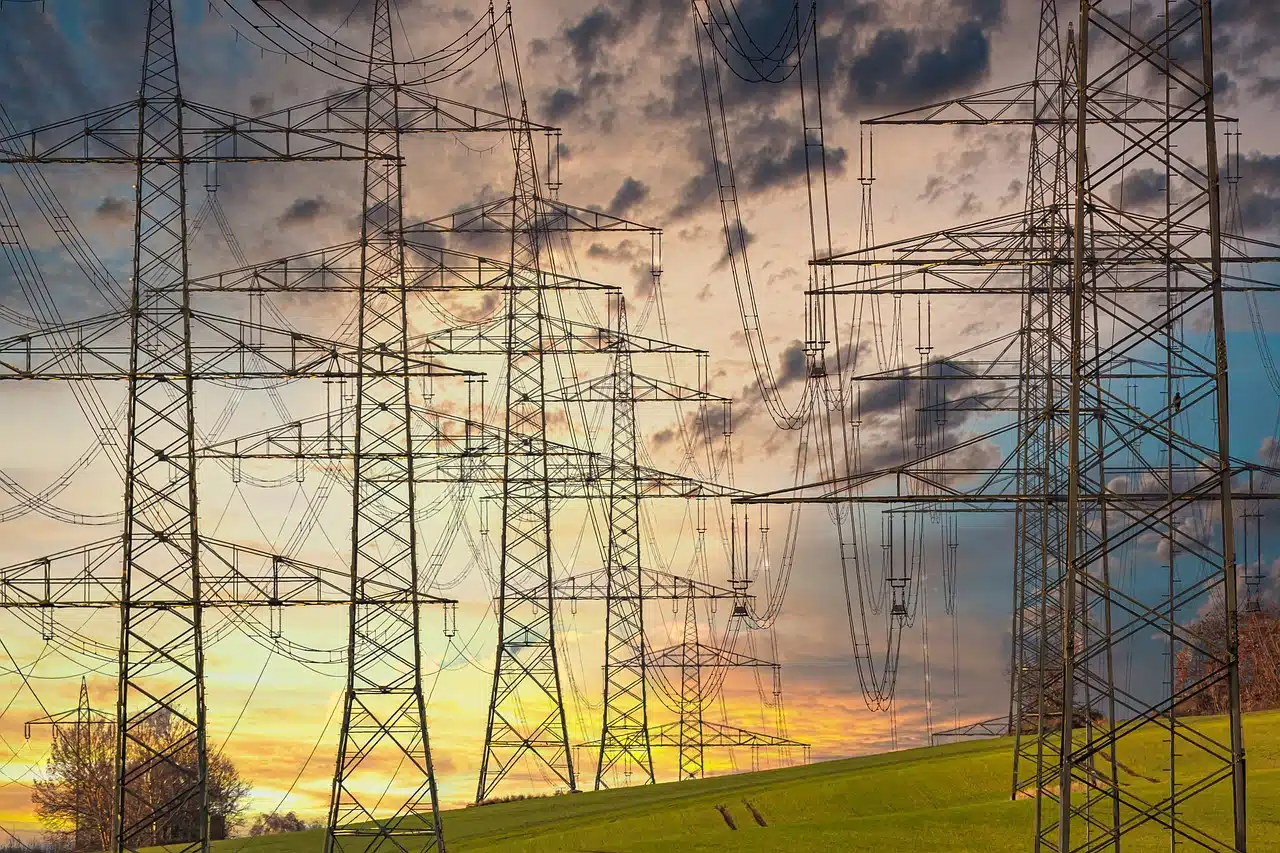
East African nation, Uganda, has disclosed plans to invest $350 million to expand and improve the power distribution network over the next five years.
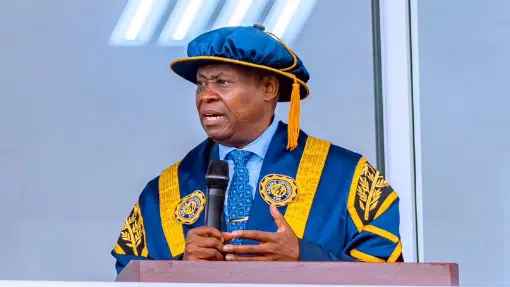
The facility, built under his company Pacific Energy, poised to be the largest privately-owned thermal power plant in the country, awaits connection to the national gas grid to commence operations.
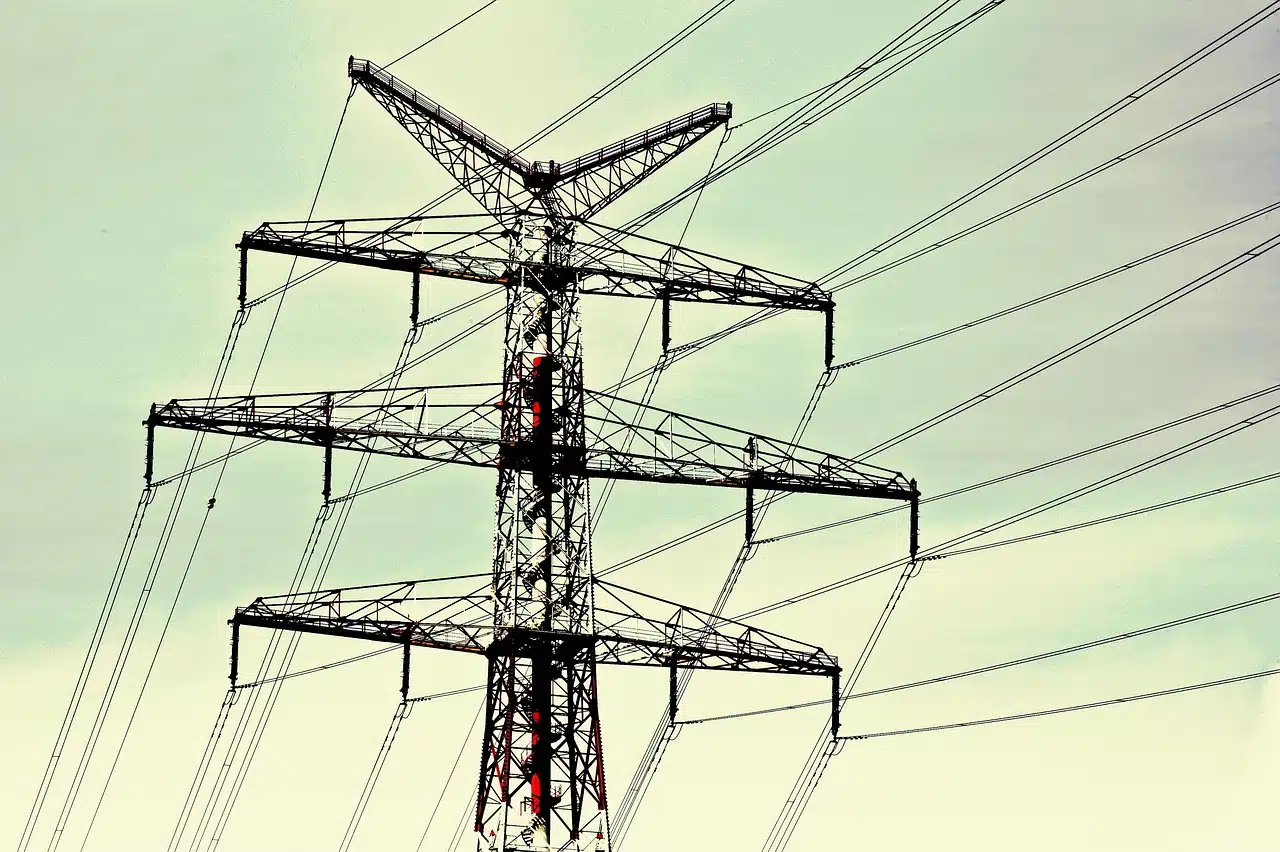
West African nation, Nigeria, granted four off-grid generation licenses in the first quarter of 2025 as part of its efforts to boost electricity supply in the country.
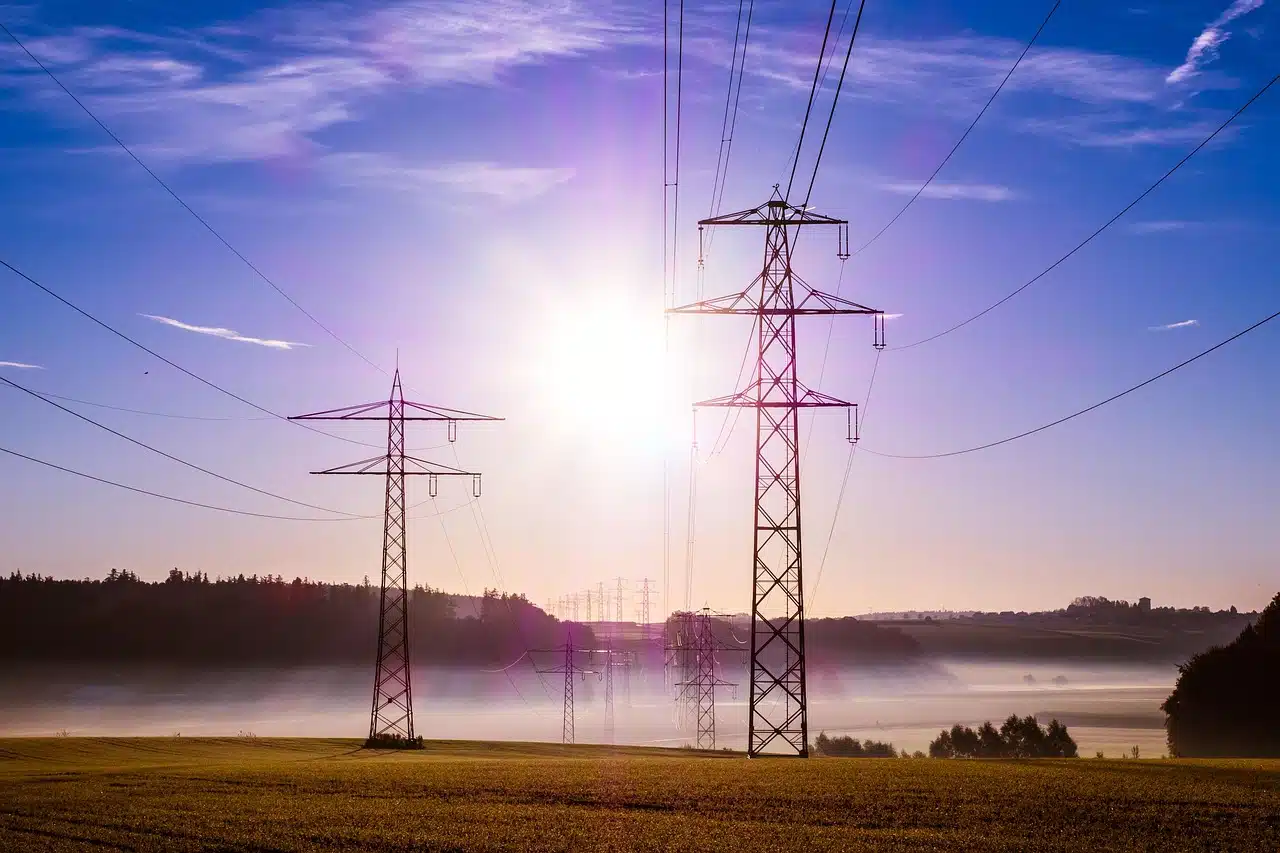
The East African nation, Tanzania, has finalized a power import agreement with Kenya to source electricity from Ethiopia, leveraging the newly energized Isinya-Singida interconnector.
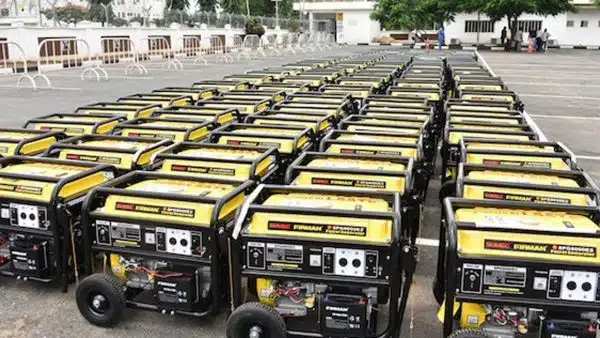
Nigeria’s generator import market is booming, driven by the country’s electricity crisis. A recent report shows that about $218 million was spent on imported generators in 2024 alone. But which countries dominate this market?
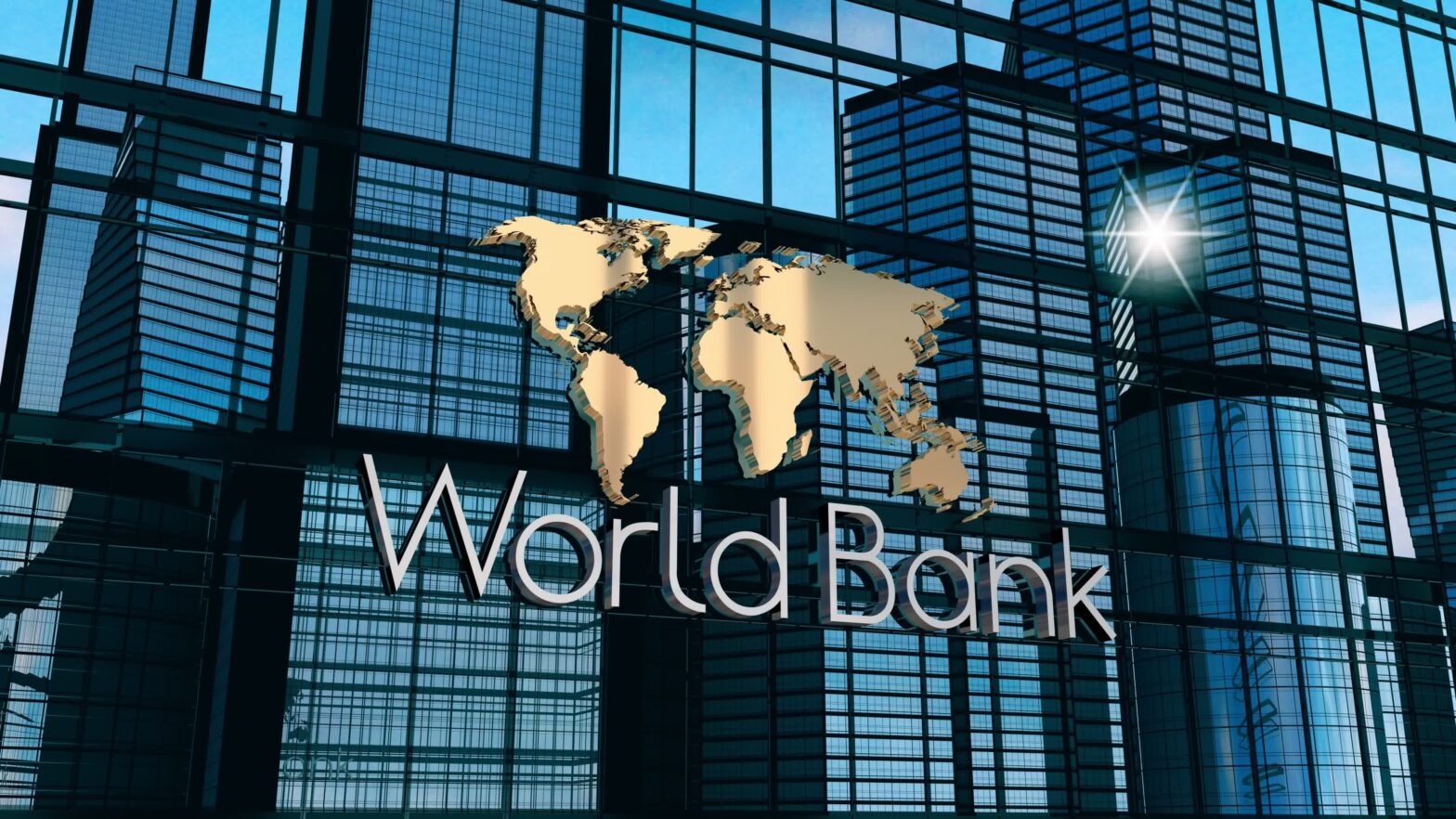
The World Bank has described the emerging electricity trends in Mozambique as positioning the country to become an “electricity hub” for the Southern African region.
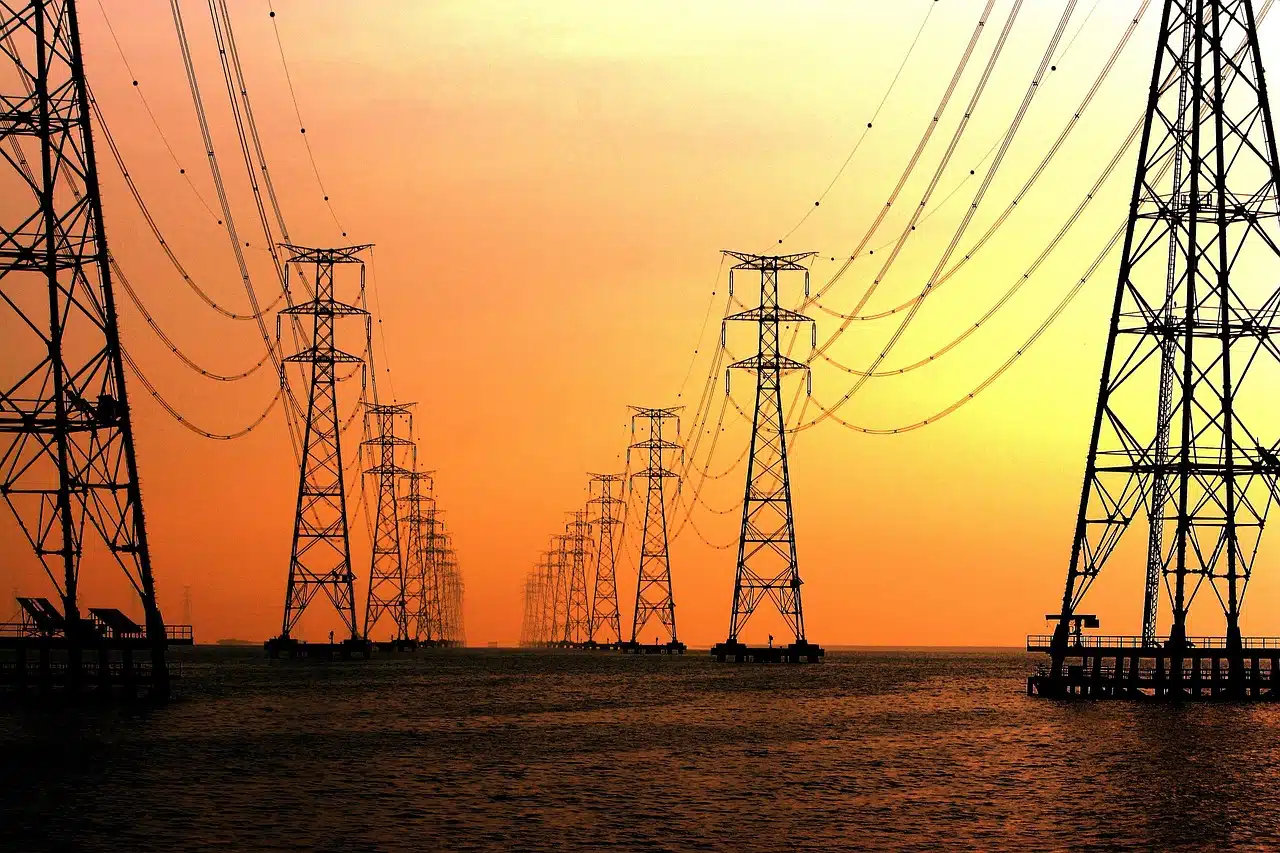
A state in Nigeria’s South East region, Enugu, has taken an unprecedented step by slashing electricity tariffs for its residents — marking a shift away from the centrally controlled pricing system.
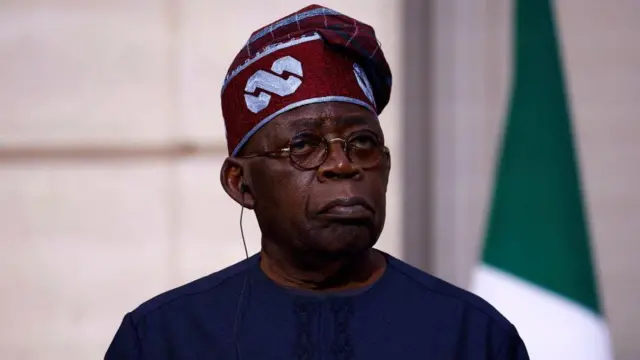
Before the 2023 election, President Tinubu pledged to solve Nigeria’s persistent electricity crisis within four years. He boldly declared that if he failed, voters should not re-elect him in the next cycle. As 2027 approaches, the oppositions are now taking Tinubu at his words.
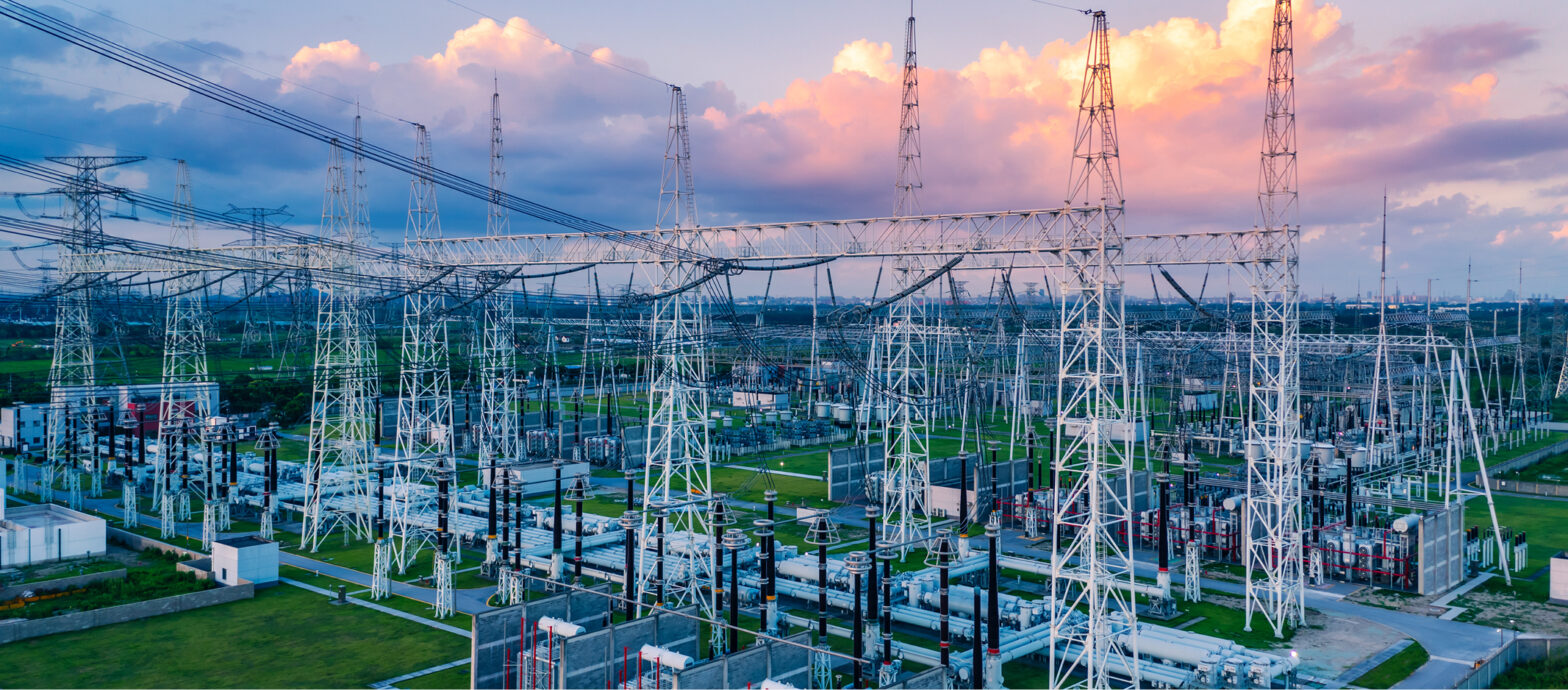
At a time when several African countries are scaling back subsidies to contain deficits, Namibia’s choice to expand support for electricity access stands out. The country is effectively signalling that public funds can still be used strategically to address structural inequalities.

Senegal’s national utility Société nationale d’électricité du Sénégal (Senelec), in partnership with Turkish energy firm Karpowership, have officially launched the country’s first LNG-to-power project.
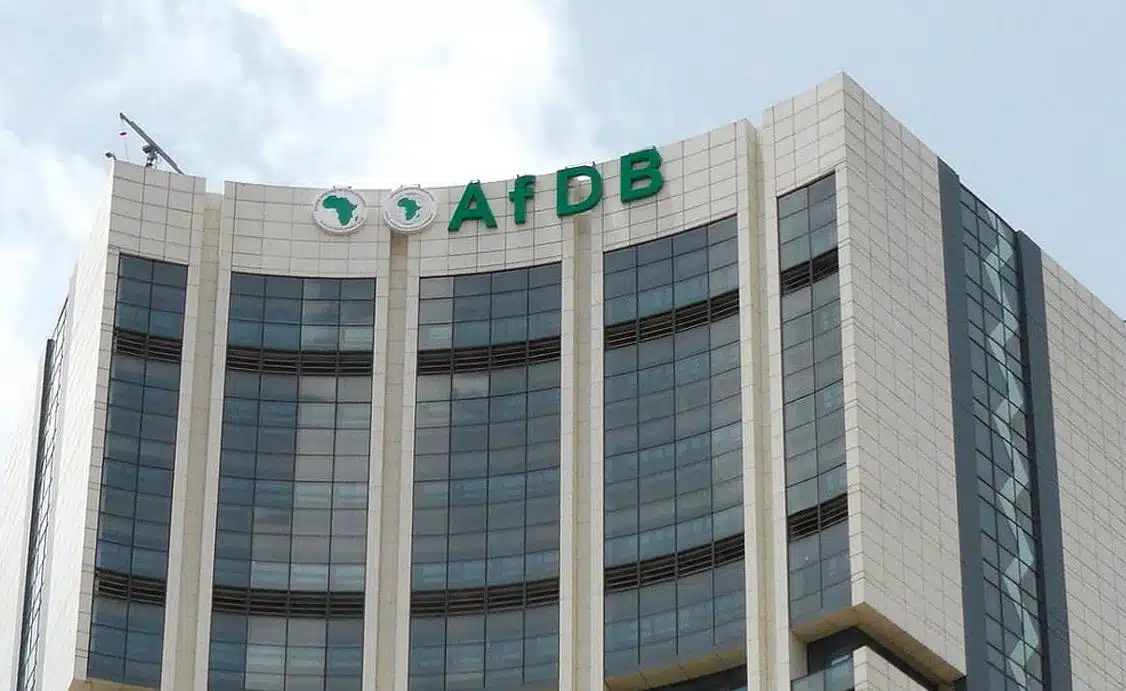
The African Development Bank Group (AfDB) has approved $201.4 million to fund the modernisation of Rwanda’s electricity distribution network.
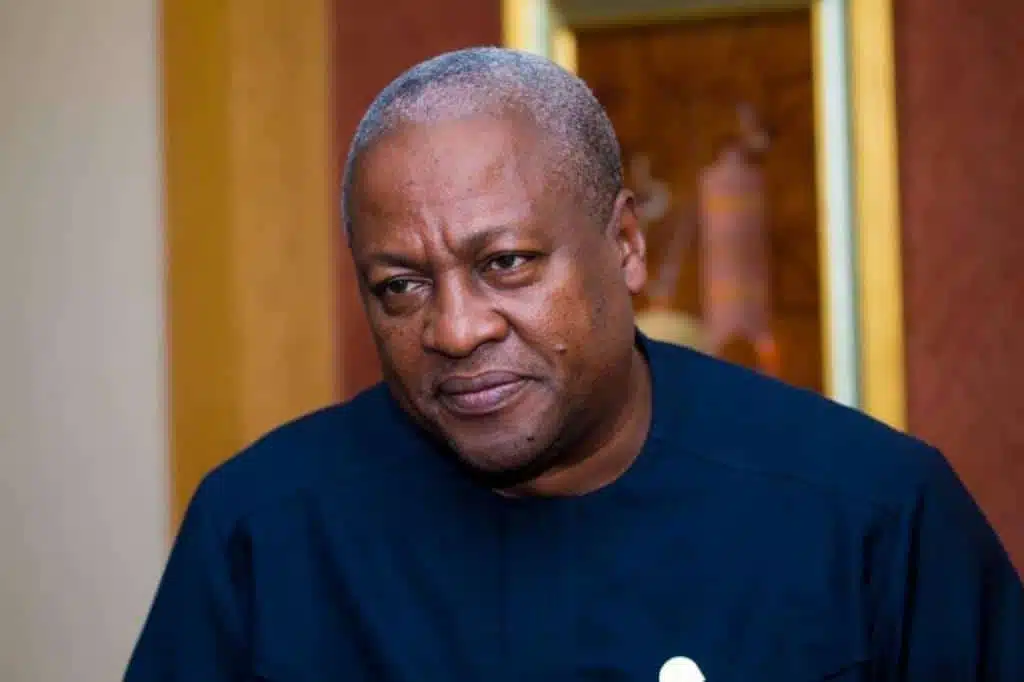
Ghana’s power sector is deep in debt, owing over $1.5 billion to private producers. The government now faces a tough balancing act—renegotiate contracts, prevent blackouts, and keep the grid running without plunging further into crisis. The real question is no longer if payment will be made, but who will pay.
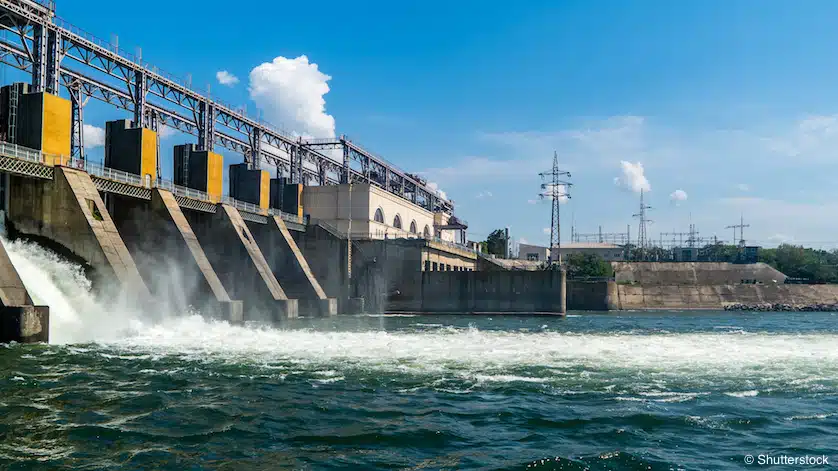
The Cahora Bassa Hydroelectric Plant (HCB), Mozambique’s largest hydroelectric power producer is set to receive an upgrade which will increase the capacity of the turbines by more than 4% to 433 megawatts (MW) per unit.
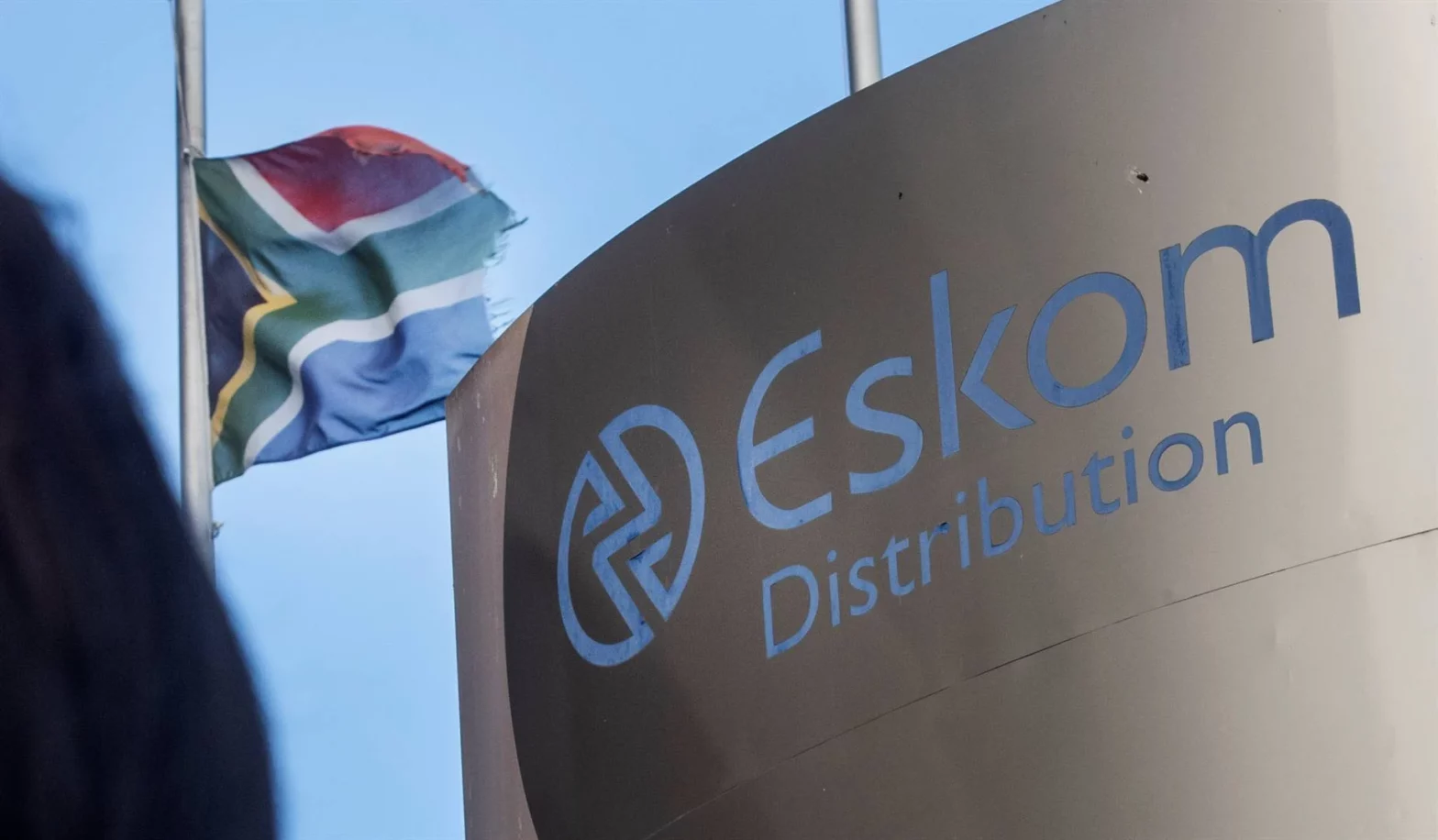
South Africa’s state-owned power utility, Eskom, has revealed that it will exit coal completely and transition fully to cleaner energy sources by the year 2040.

Egypt’s Ministry of Petroleum and Mineral Resources has said the country has begun supplying gas to its national grid as production increased in key fields.
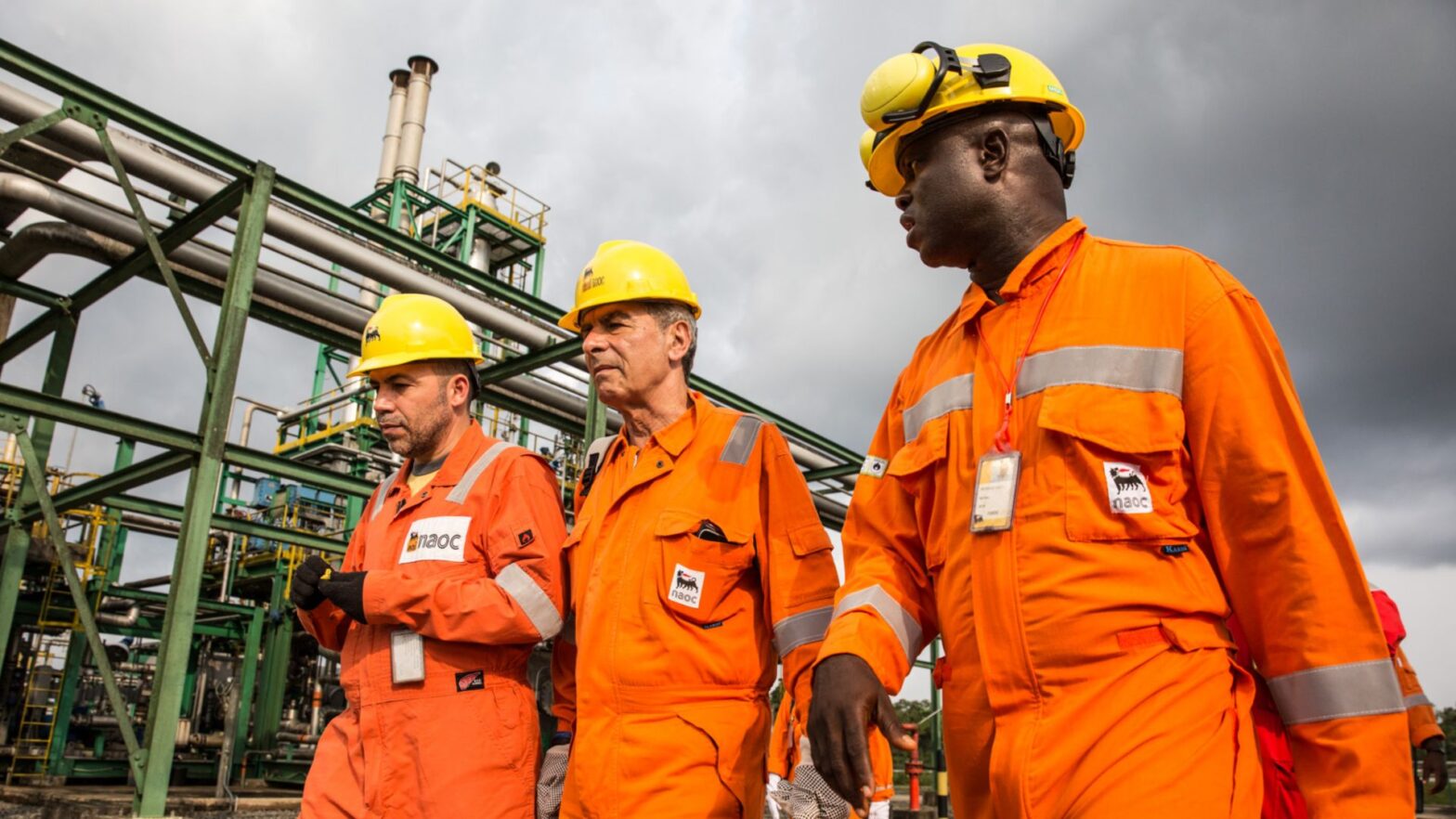
Italian oil major Eni has increased its gas supply to Ghana, a move that will boost the country’s power generation, the Energy Ministry said on Monday.

The Malawi-Mozambique Power Interconnection Project has received a grant approval of $2.25 million to update its feasibility and environmental and social impact assessment studies.

Turkish energy firm, Aksa Energy Production Inc., has signed a $150 million financing agreement with the Africa Finance Corporation (AFC) to develop gas-fired power plants projects in Africa.
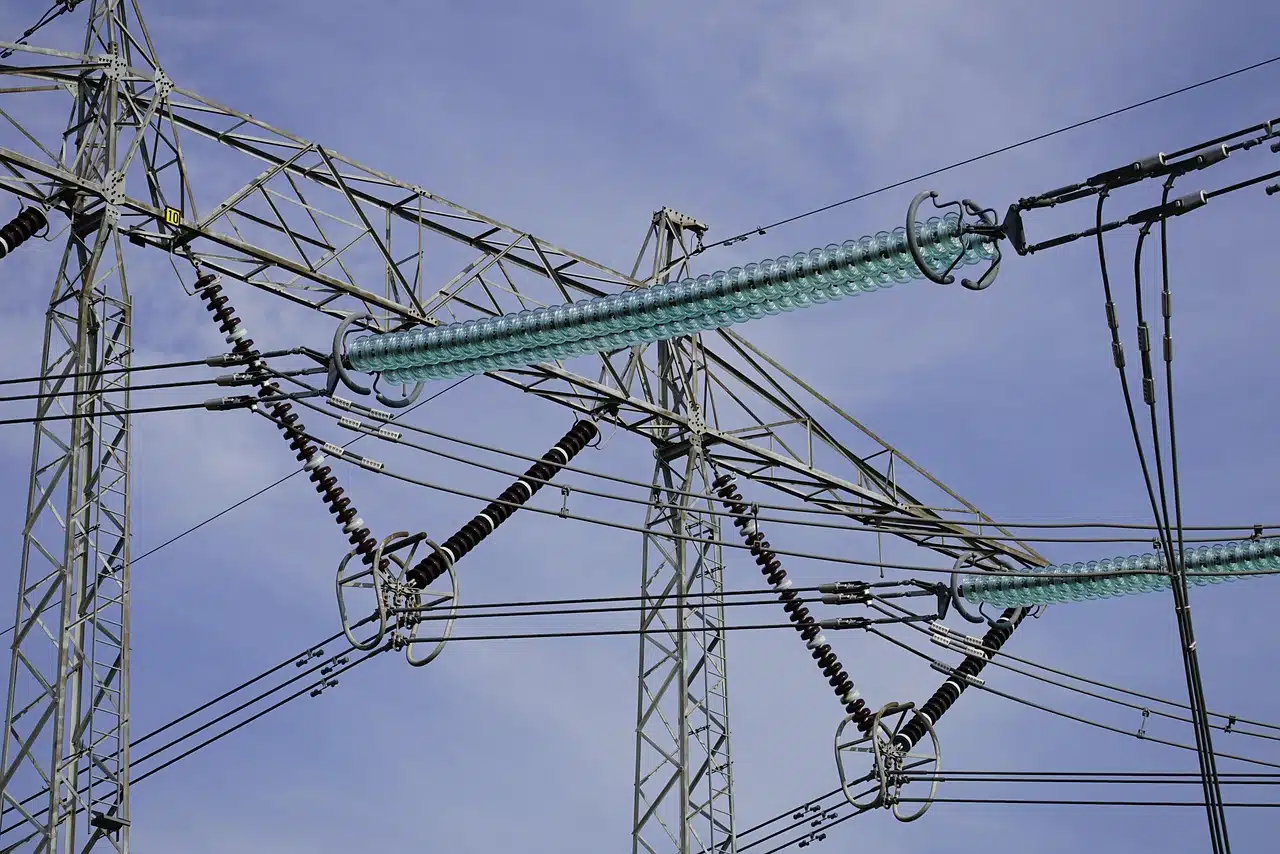
Morocco has announced plans to invest $10 billion to expand its power capacity to 16 gigawatts in the near future.
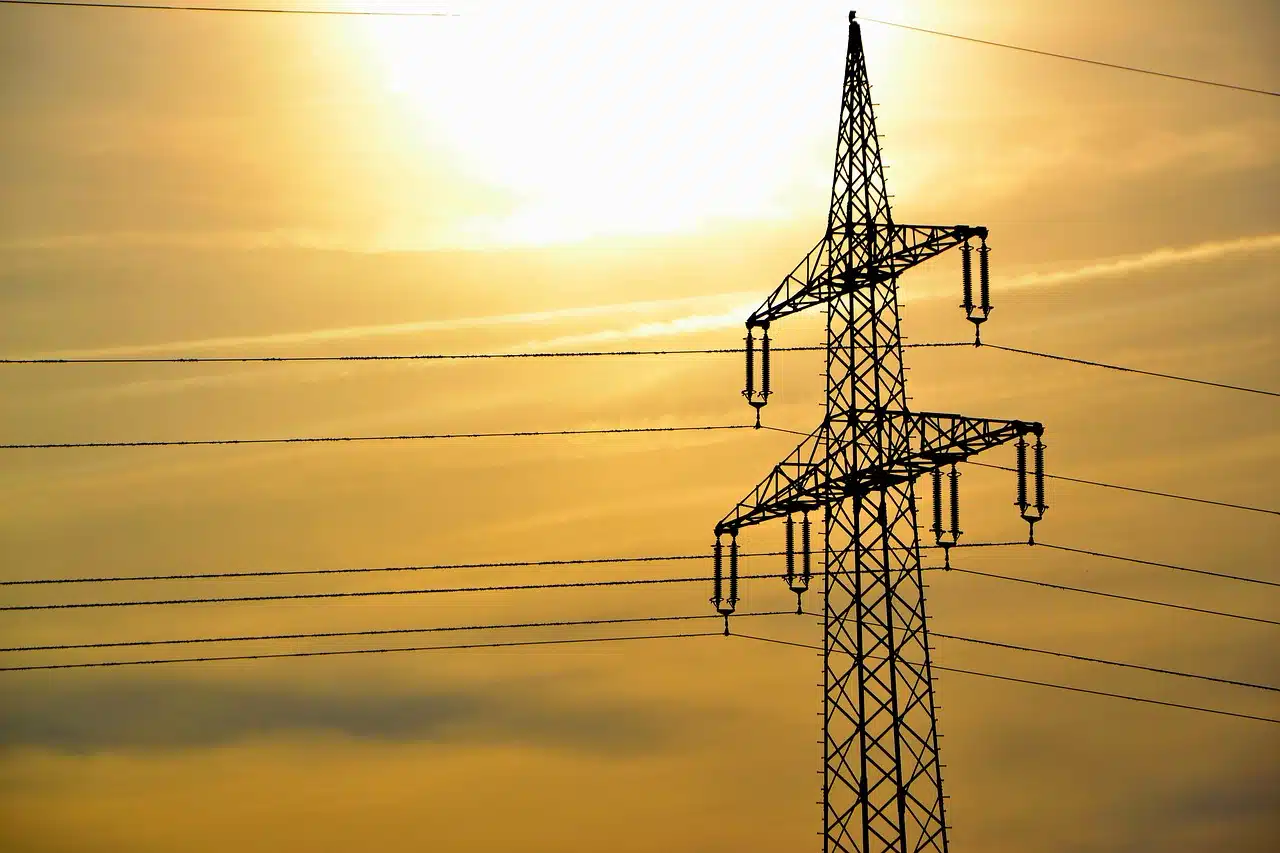
East African country, Tanzania, is looking to double its electricity generation capacity to meet its growing demands. What will for the nation to achieve this feat in the next coming years given the lingering energy poverty on the continent?

